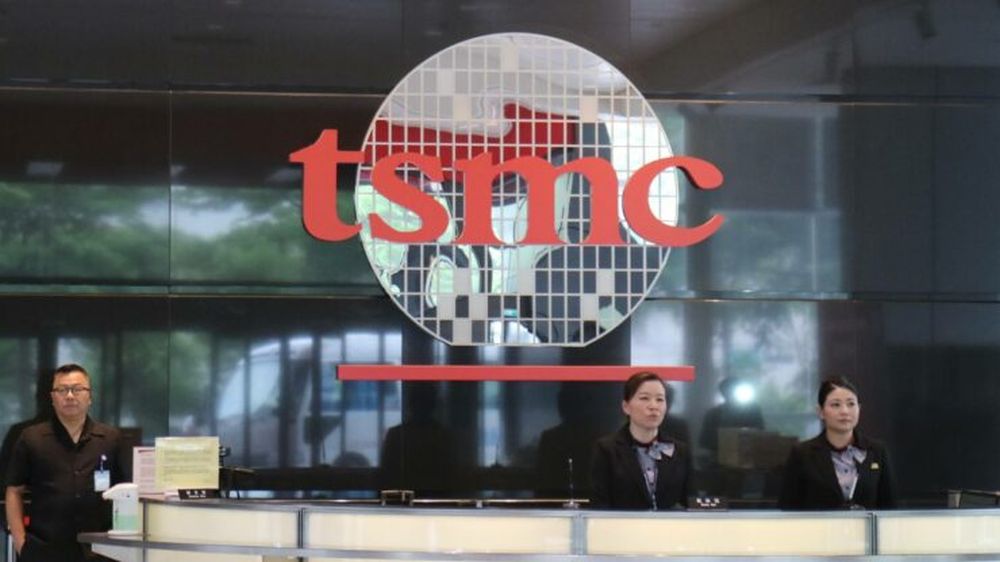Taiwanese authorities have arrested three individuals, including two current and one former employee of TSMC, on suspicion of attempting to steal confidential information about the company’s cutting-edge 2-nanometer chip technology. This marks the first use of Taiwan’s revised National Security Act to prosecute a case involving the leakage of core national technologies. TSMC’s internal systems had flagged unusual access patterns, leading to the dismissals and legal escalation.

TSMC quickly acted by terminating the implicated employees and informing the authorities. Prosecutors then carried out searches and interrogations, leading to the arrests. This swift response reflects growing concerns in Taiwan about intellectual property theft, especially as its chip industry remains critical to both national security and global supply chains. The High Prosecutors Office is now handling the investigation, and legal experts see this as a major test case for the new legislation.

If convicted, the accused could face sentences of up to 12 years in prison and financial penalties exceeding $3 million. These severe consequences underscore how seriously Taiwan is taking the protection of its semiconductor technologies. Given the strategic importance of the 2nm node, which TSMC aims to commercialize by 2026, any leaks could significantly damage Taiwan’s competitive edge in the global chip race.

This incident adds another layer of complexity to the already tense landscape of tech competition, especially with China’s ongoing efforts to narrow the gap in advanced chipmaking. Taiwan’s legislative shift shows a proactive stance in shielding its industry from both external espionage and internal betrayal. The outcome of this case may set a precedent for how the island will defend its technological crown jewels going forward.

#TSMC #Semiconductors #Espionage #Taiwan #2nm #TechTheft #Chips #TSMCLeak #SecurityLaw
